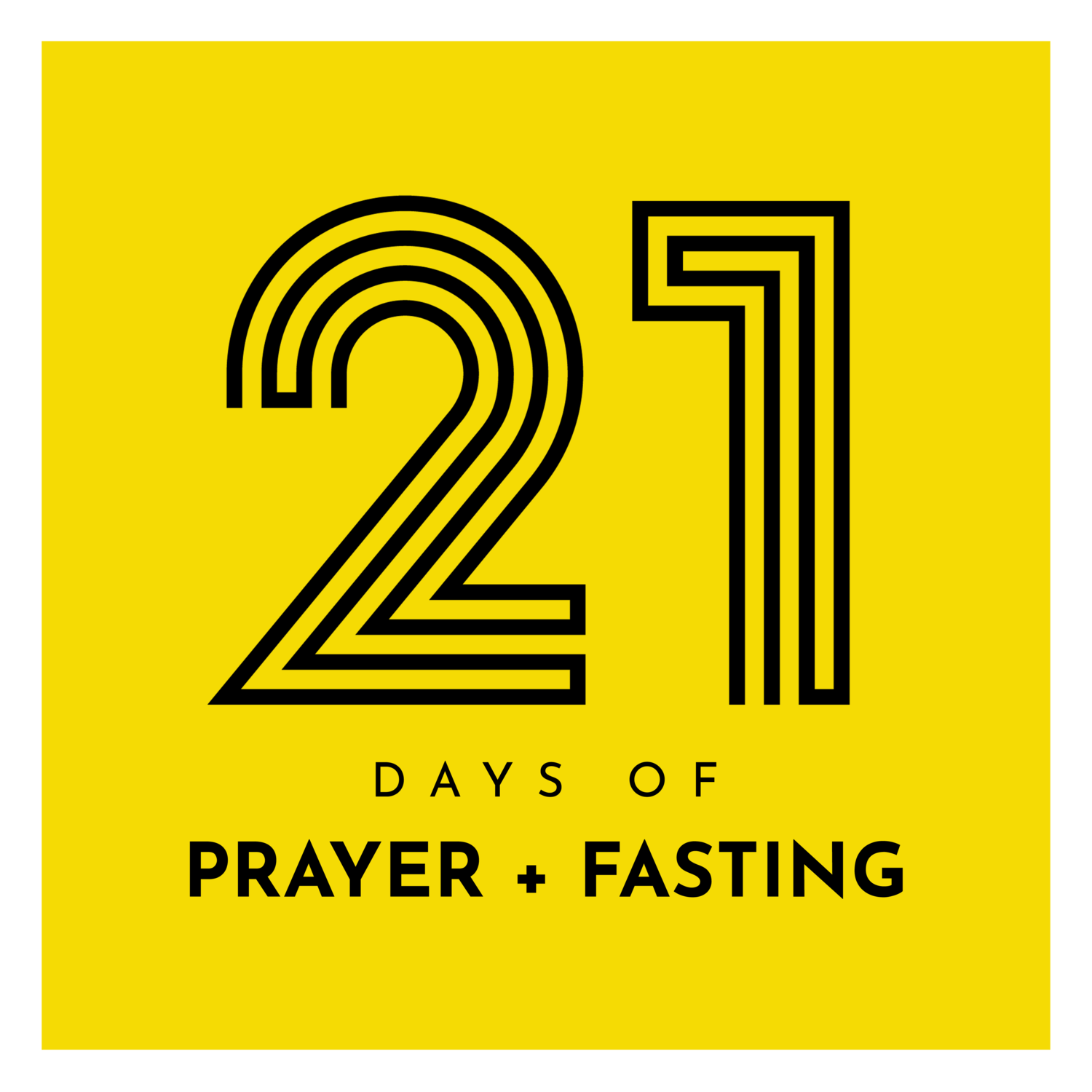What is fasting and what is the purpose? This is the first of a four-part series committed to answering those questions.
HUNGER FOR GOD
Fasting is a spiritual discipline. Simply put, it means not eating. Instead of using mealtime for food, you use it to spend time with God. Some fasts last for one meal, one day, multiple days, or even weeks. Fasting may begin at sunrise and end at sunset or extend 24 hours per day. There are many ways and reasons to fast, but the basic idea is to set aside the time you would usually spend eating and focus that time on God instead, praying, reading the Bible, and worshiping.
When you’re fasting, you’re likely to feel hunger pangs. Allow those to serve as reminders that you are hungry to know Jesus and that you rely on him for every need. When you pray, ask the Holy Spirit to deepen your understanding and experience of Jesus in everyday life. You might pray something like, “Father, you are my daily bread. You are my comforter, my redeemer, my provider. My life is hidden in Christ. What more do I need?”
WHAT ABOUT MY MEDIUM HOT, QUAD, GRANDE, SOY, SKINNY, CARMEL MACHIATTO UPSIDE DOWN?
A normal biblical fast is to avoid food, but not water. However, you have a great deal of freedom as you fast. Some people avoid everything but water. Others focus solely on not eating and instead drink whatever they want.
Whatever your plan, make sure to consult with your doctor to ensure you are medically fit enough for a fast, and get tips from your doctor on how to fast safely. There are a number of reasons a traditional fast may not be a viable option for you. These reasons range from stage of life to pregnancy to medical conditions to eating disorders and everything in between. Most people are capable of fasting without compromising their health, but if that’s not the case for you, don’t be discouraged! You can fast in other ways. One option is to eat less than normal rather than not at all. You could fast from coffee or give up the foods you enjoy most, eating only simple, plain foods. This type of fasting is commonly called a “Daniel Fast,” referring to the story of Daniel in the Old Testament when he and his friends abstained from eating meat and consumed only vegetables and water (see Daniel 1:12).
While the majority of people are able to fast from food, if you are unable to fast from food, you could consider abstaining from certain activities instead. Though this is technically not a biblical fast, people have abstained from television, Facebook, music, golf—all sorts of things. The idea is to use the time you would normally spend on the activities you love to focus on the Lord instead, praying, reading the Bible, and worshiping God.
BUT WHY IS THE FOOD GONE?
Okay, so you’re told you should fast, that it’s a good spiritual discipline, and that it doesn’t necessarily require food. But fasting does emphasize food and it’s preferable if you are physically able to abstain from eating. Why?
There is a mystery to fasting and part of the reason we do it as Christians is simply because God wants us to. Jesus expects his disciples to fast (Matt. 6:16) and obeying God, even when it seems weird, is always a good idea.
The physical implication of fasting is that it directly impacts one of our most basic needs as humans. God has built us into a physical world with physical needs, and the physical world directly impacts the spiritual. By staying away from food and focusing our attention on God, we shut our bodies up, strengthen our soul in God, and put into action our dependence on him. He provides us with life. Food is the way he chooses to do so, but he is the source and can very well sustain us without food, water, or any of the physical necessities of life.
We do not discount the value of the body or consider the physical world bad. Fasting serves many purposes, one of which is to remind our minds, spirits, and bodies who and what we worship: God himself.
ONE FAST, MANY FASTERS
You can fast with other believers as well. If it will help you overcome any fear you might have of fasting, ask another believer to join you. Biblically, there are instances of corporate fasting where entire nations fasted together (Esther 4; Ezra 8). So feel free to fast together and pray for one another. Our church-wide fast will lend itself to this opportunity because there’s a good chance the people around you will be fasting at the same time.

